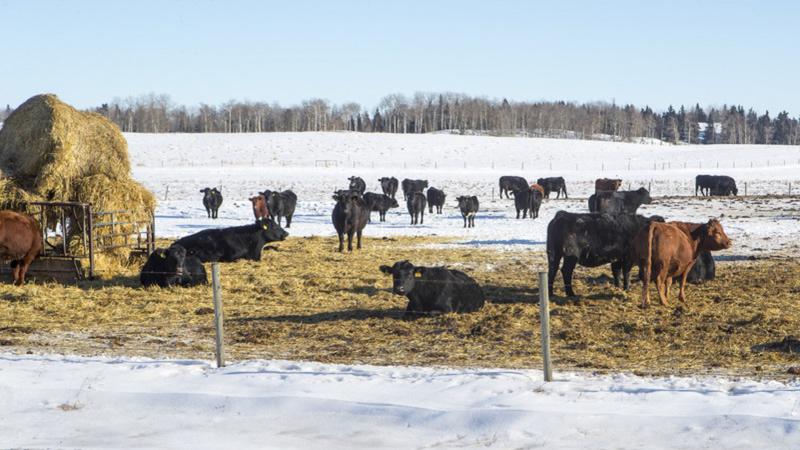
Livestock Summit looks for ways to support the industry
Participants at yesterday’s Agricultural Producers Association of Saskatchewan (APAS) Livestock Summit shared their concerns about the future the industry.
Cattle, bison, and sheep producers expressed common concerns from accessing capital, business risk management programs to getting financial credit for maintaining pastures that serve as carbon sinks for the environment.
After a day of discussions, a representative from each sector made a closing comment.
Willowbrook cattle producer Levi Hall is concerned for the future. He said with each cattle producers that exits the business there is an increase in grain and oilseed acres.


